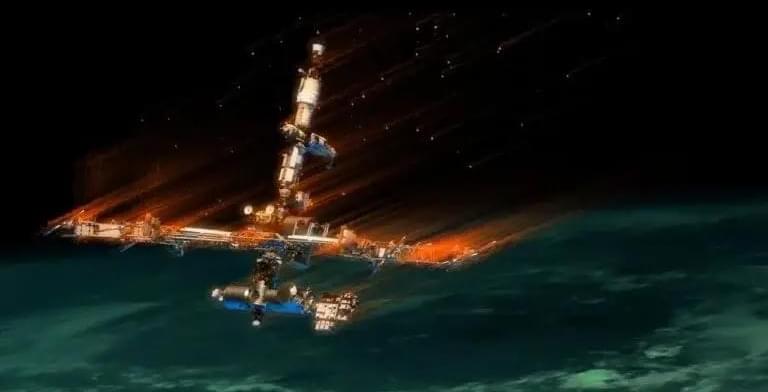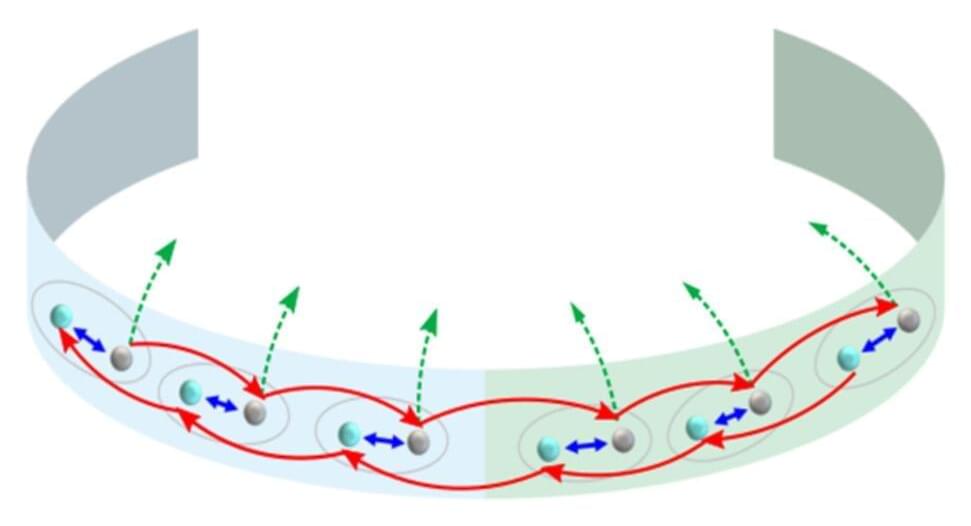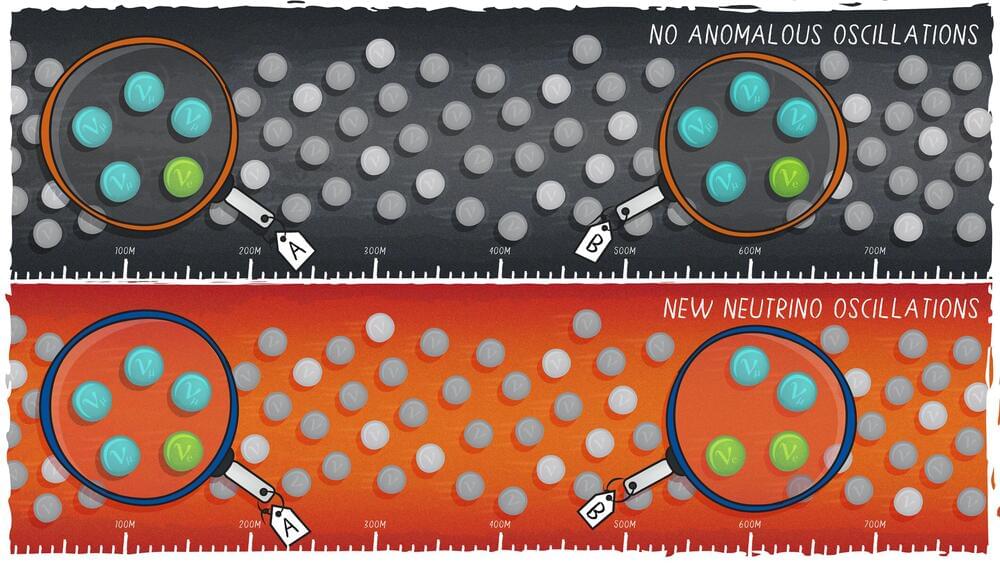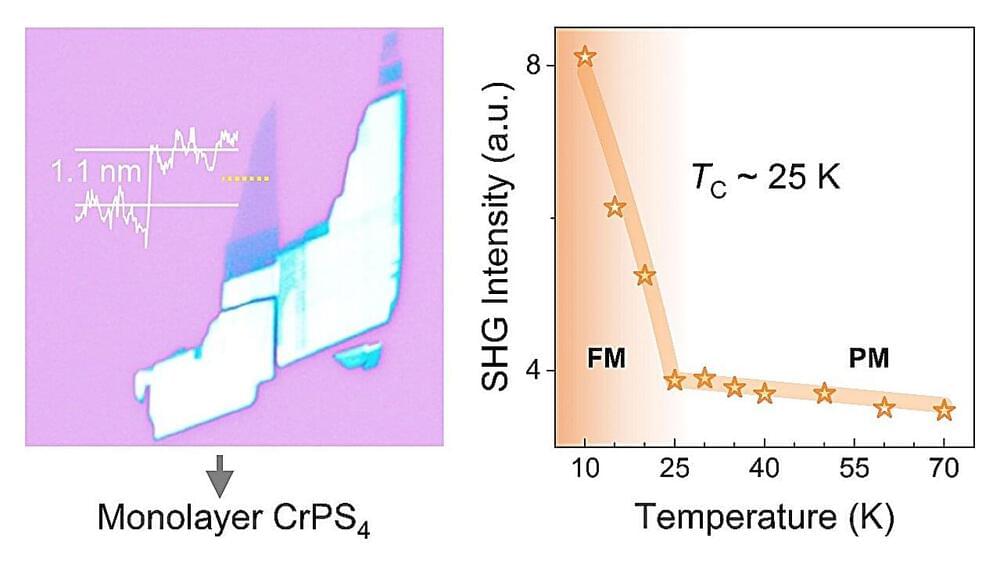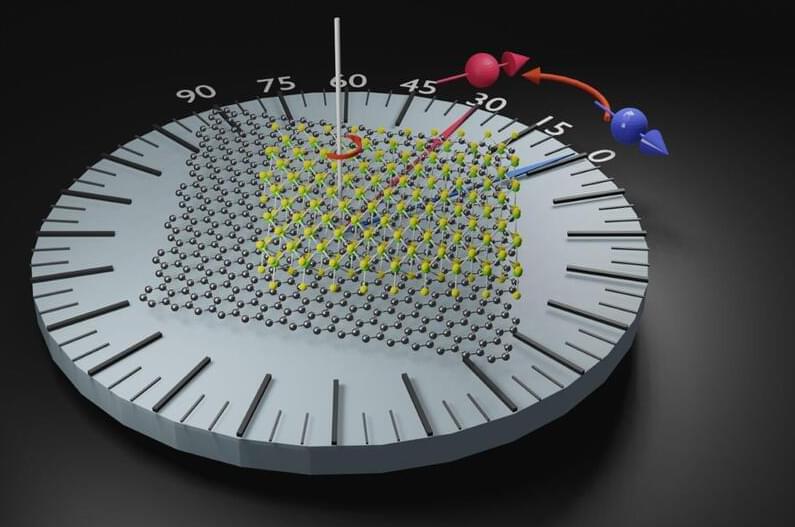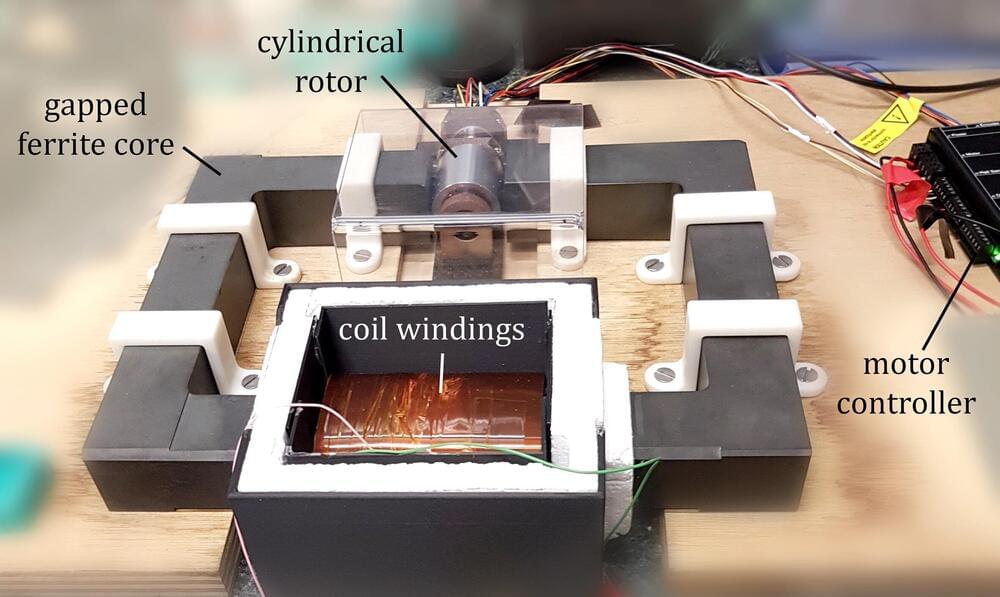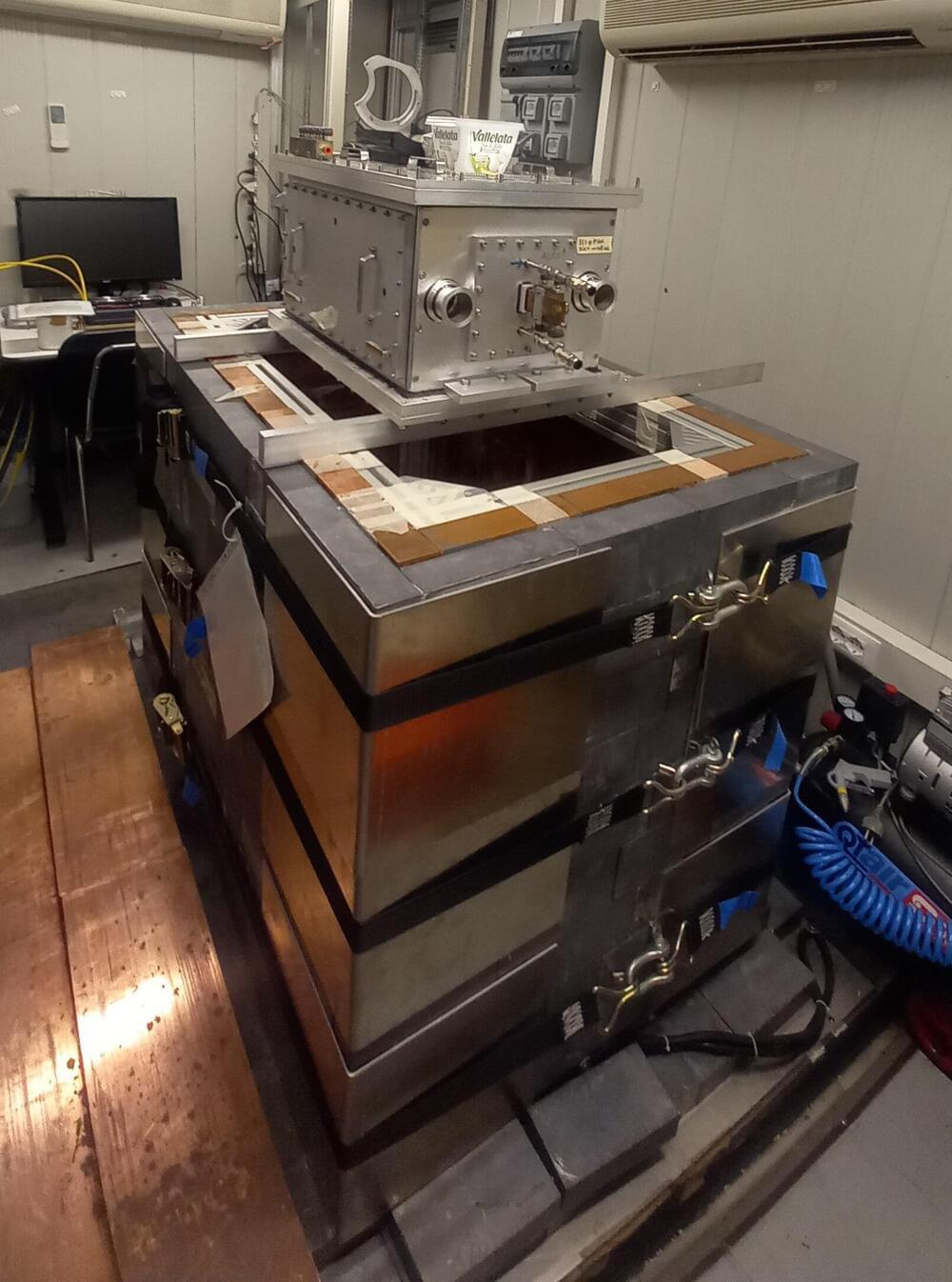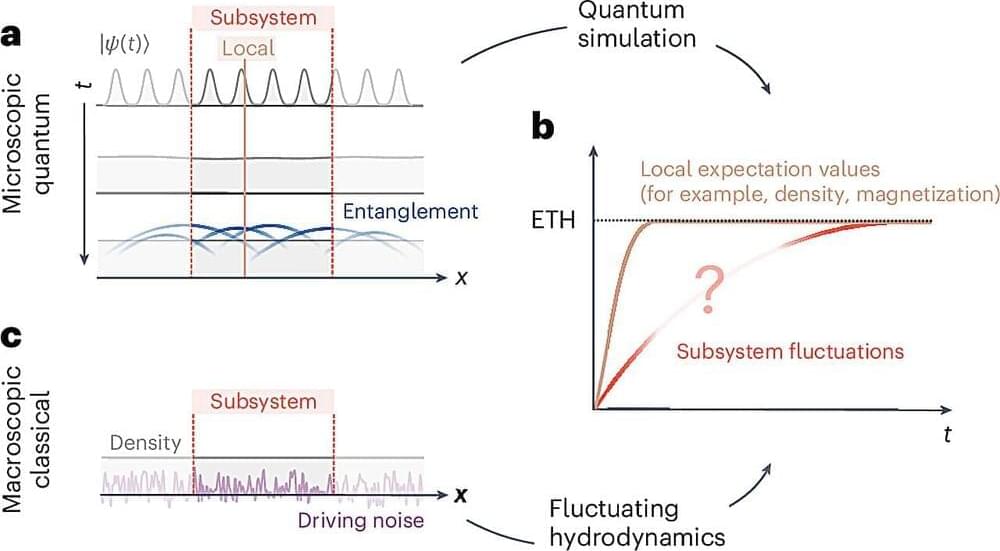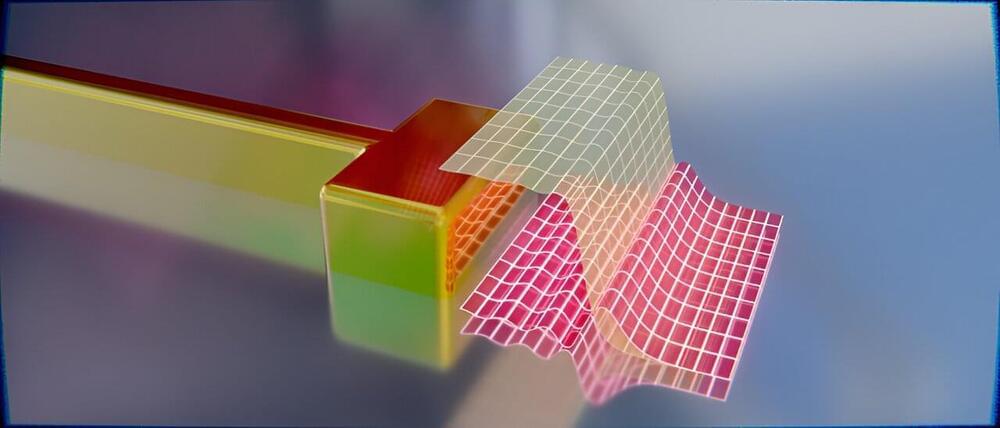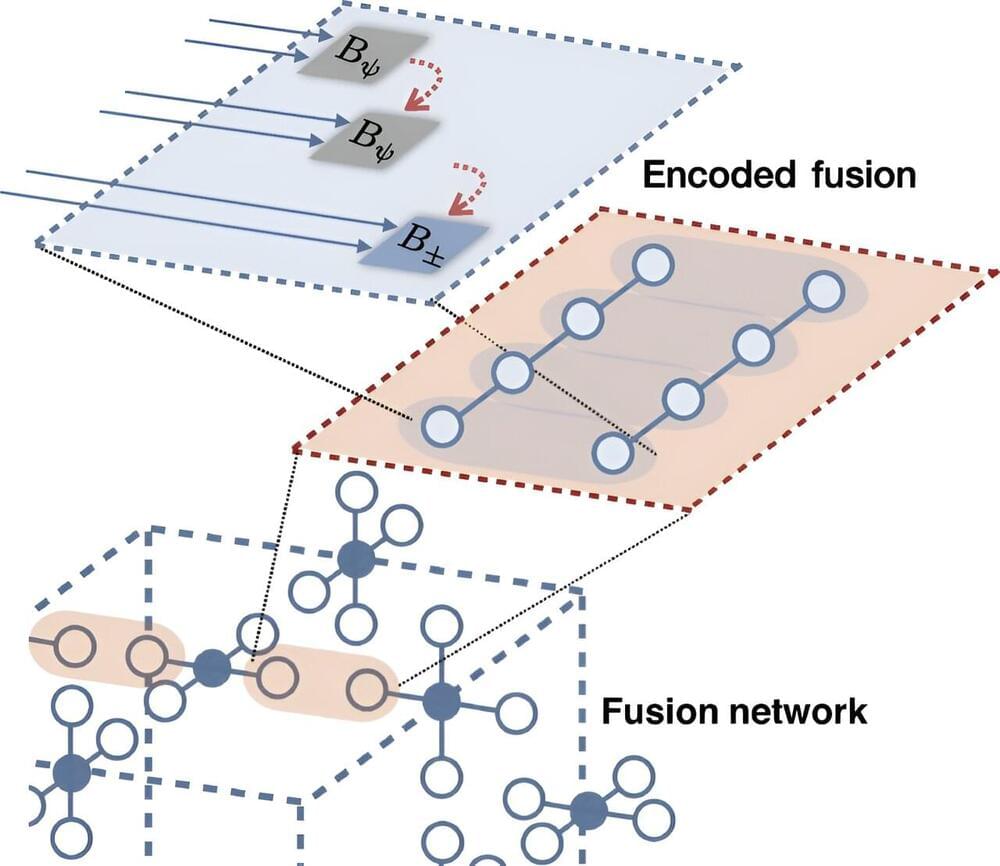Sep 11, 2024
ISS will be killed without Russia’s participation
Posted by Saúl Morales Rodriguéz in category: space
Well, that’s it, actually. The sentence has been signed, the money has been allocated to the executioners. For now, one billion dollars, and then we’ll see how it goes. Since NASA has decided to deorbit the ISS itself, the cost may increase considerably. But this will not surprise anyone, this is the norm in the USA.
Moreover, if political motives are involved, they cost more. If Roscosmos carried out such an operation, most likely, it would cost less, if only because it has everything for it. And NASA has nothing.
